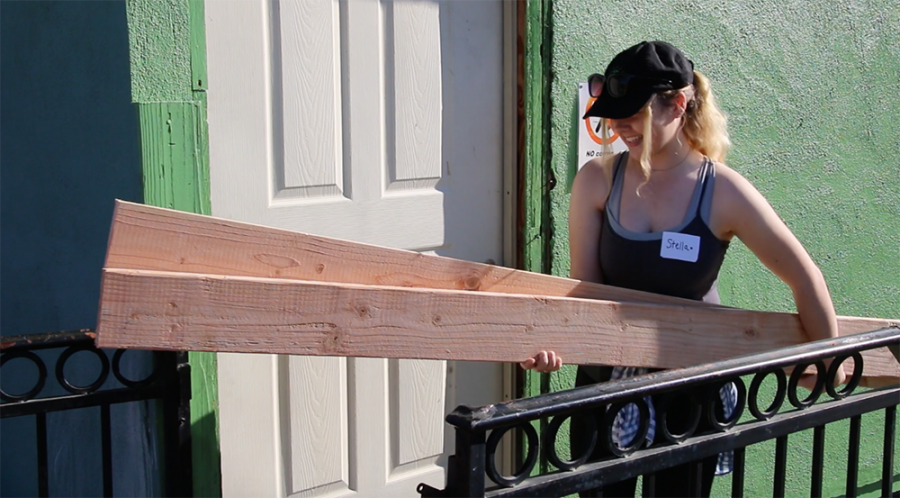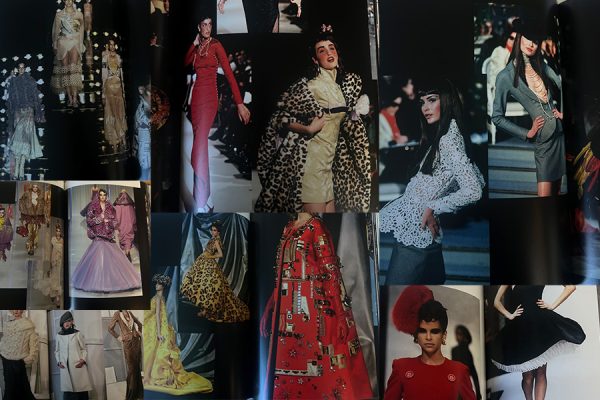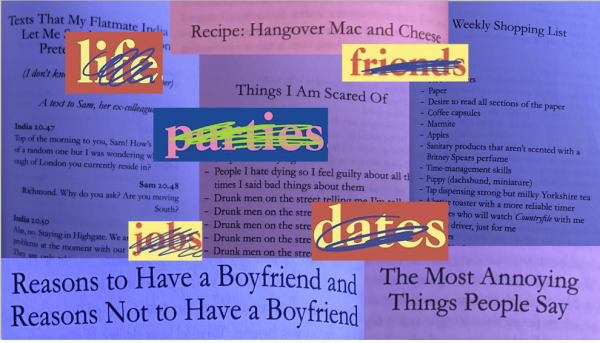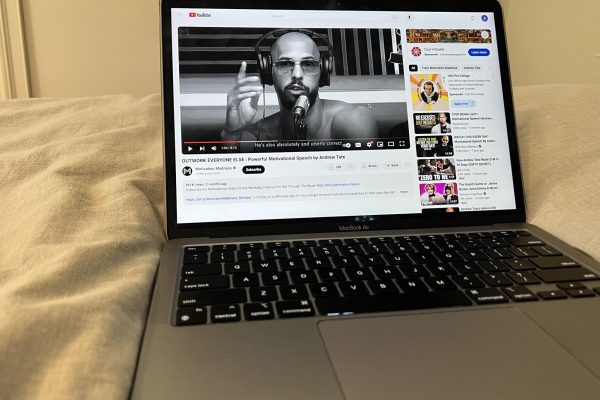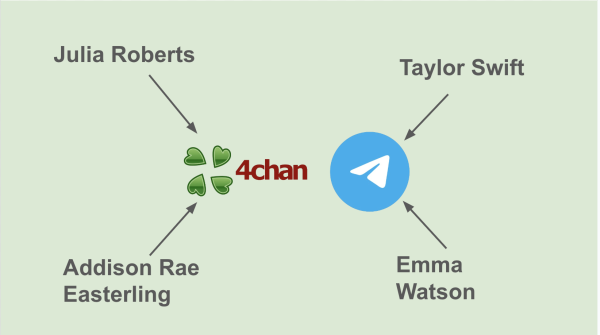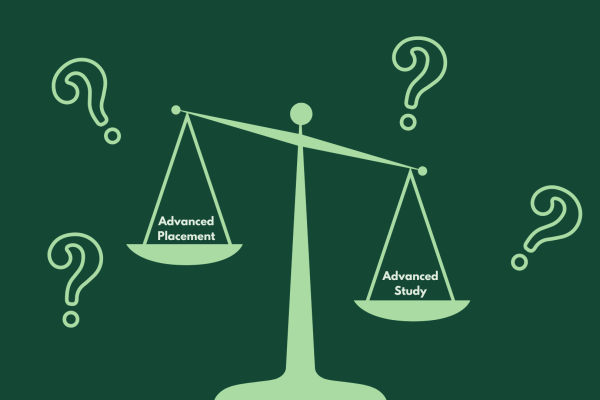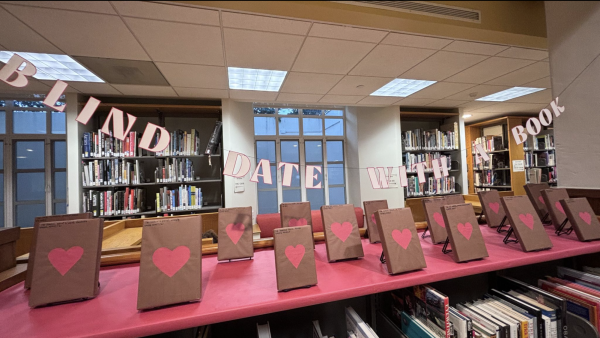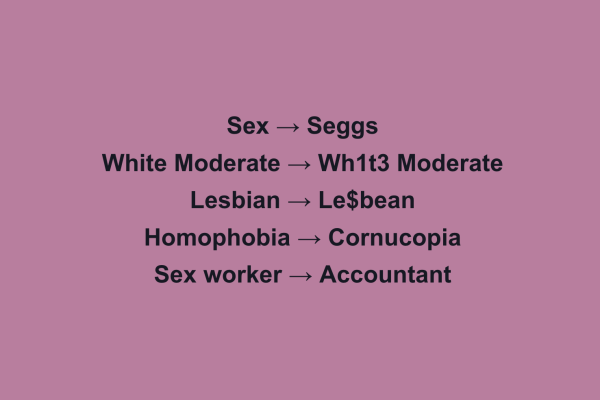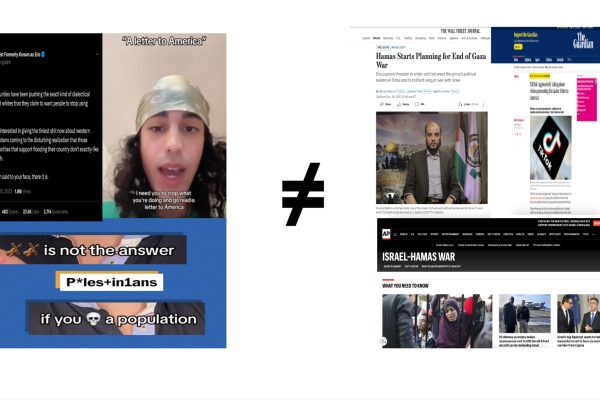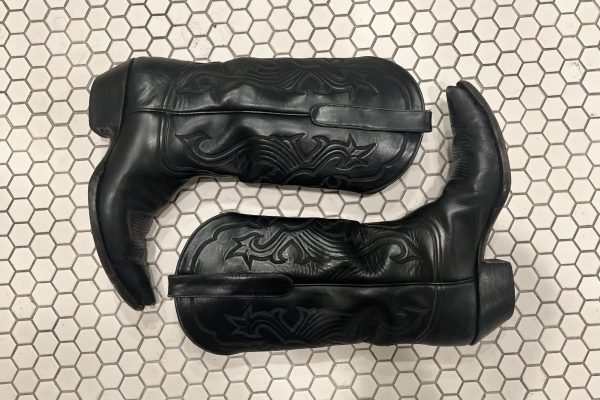Column: My ode to feminism
Stella Gage ’17 carries wood panels to the work site of Casa Hogar Eben-Ezer, an orphanage in Mexico, Tijuana. She spent her time there helping finish build the orphanage. Photo courtesy of Gage.
Over the weekend of March 11 and 12, I went to Tijuana, Mexico where I, alongside an incredible group of people, helped finish a branch of an orphanage called Casa Hogar Eben-Ezer. The group consisted of only three women — my friend, Lulu Cerone ’17, her mom and me. Going into the weekend, I prepared myself for an uneven gender dynamic.
When we got there at 7 a.m. on Saturday morning, we immediately started moving all of the supplies from the lower level of the orphanage to the upper level, where we would be working.
As I went to reach for a five-gallon bucket of paint, a man suggested that I wait for one of the boys to grab it. Unphased by the mildly sexist comment, I simply replied, “No thanks, I got it,” and proceeded to carry the — admittedly very heavy — bucket up the hill to our work site.
Yes, maybe I could have used a little help in that moment, but no it was not because I am a girl. Unfortunately, I felt as though admitting that I might need some help would make it seem as though my gender had something to do with it. I felt like I not only wanted to push myself but that I also to needed to prove myself.
After that moment, I realized that the men around me were no longer babying me the way they had been earlier in the day. I helped carry large planks of plywood without hearing a single comment, hauled some wooden beams up two flights of stairs, helped where I could, and it felt great.
By the time we had almost finished carrying the wood upstairs, my friend and I were practically the only two on the job. At one point, my friend’s mom asked if we wanted to paint, which we had expressed interest in earlier that morning.

We were about to happily agree to the well-needed break, but before we got the chance to one of the other men chimed in. He turned to us and said, “I’d love to have you all get started painting! Because, though I appreciate you helping out with the wood, — and not to be chauvinistic — but it just doesn’t make sense.”
I wasn’t sure if I had heard him correctly. He recognized that his words might be considered chauvinistic, but said them anyway. Though I am sure he did not mean to denigrate or patronize us because we are women, that is exactly what he ended up doing by insinuating that we could not do the work that we were there to do and had been perfectly capable of doing since we had arrived.
My friend and her mother, clearly uncomfortable — perhaps too uncomfortable to speak up — brushed off the comment and went to start on the painting. I, on the other hand, could not let my feelings go unsaid, so I replied with a short, “Actually I think that I am just as capable of handling the building work as the boys are.” The look I received from him after that was priceless. It was as though no woman had ever spoken up for herself to him before that moment.
He immediately tried to backtrack and say that he was obviously not trying to undermine our efforts or capabilities, but he clearly did not expect to get the reaction that he received from me.
Reflecting back on this experience, this is the reason I decided to say thank you to feminism. Without the knowledge that I have gained through being a part of the feminist movement I might not have said anything in that moment. A year and a half ago, before I accepted the label of feminist, I might have let my discomfort simmer. Being a feminist empowered me to feel justified for standing up for myself. This man was in a position of authority over me, but I couldn’t and wouldn’t let even a small comment like that go unrecognized.
Right after that interaction I was worried about him being upset with me and feared that he would categorize me as some radical or emotional girl. However, I was pleasantly surprised when he approached me later and gave me a genuine apology. I did not get a single remark after that. In fact, I think it actually made the men around me see past my gender and respect me as a human being, one that was there to work just like everyone else.
By the end of the weekend, I had helped the men around me realize that girls don’t need to be treated like fragile beings and that we certainly don’t want to be — at least I don’t.
So, thank you feminism. Thank you. Thank you. Thank you for making me feel confident and proud to be a woman and like I no longer have to apologize for my gender. I just think that it’s incredible how one moment of standing up and calling out sexism, even when it was pretty scary and kind of uncomfortable, can completely change an experience.

Stella Gage became a columnist for the Oracle in 2016. After taking Womens' Studies during her junior year, Stella was inspired to learn more about feminism...





![Freshman Milan Earl and sophomore Lucy Kaplan sit with their grandparents at Archer’s annual Grandparents and Special Friends Day Friday, March 15. The event took place over three 75-minute sessions. “[I hope my grandparents] gain an understanding about what I do, Kaplan said, because I know they ask a lot of questions and can sort of see what I do in school and what the experience is like to be here.](https://archeroracle.org/wp-content/uploads/2024/03/grandparents-day-option-2-1200x800.jpg)













































